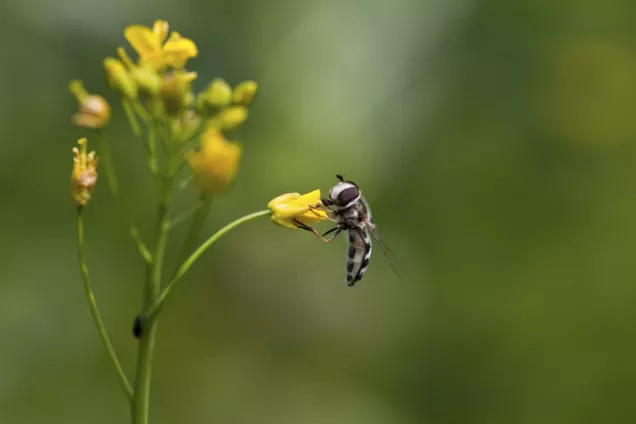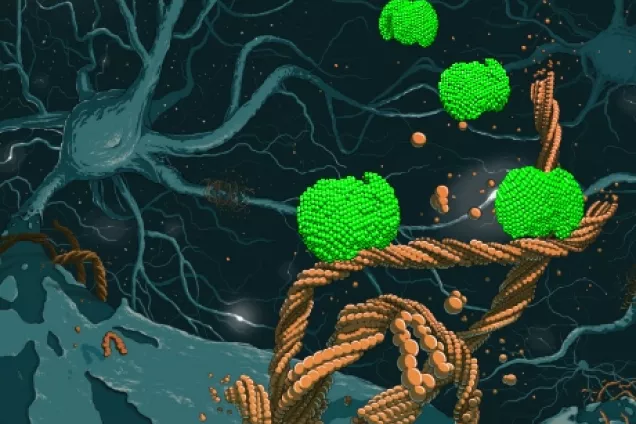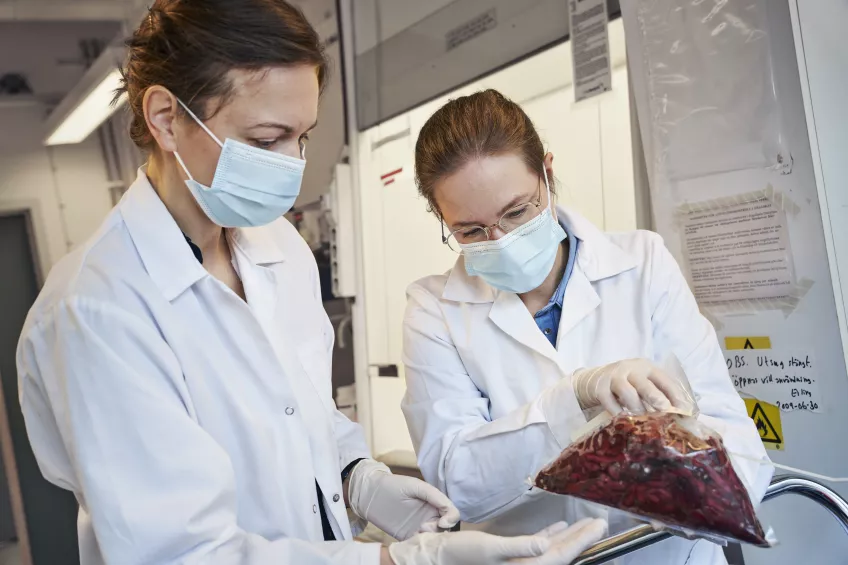Environmental pollutants: consequences and risk management
Chemicals are released at an increasingly rapid pace into our environment, in the air, soil, and water. It can have serious consequences for humans, wildlife, and entire ecosystems. Yet, we still know little about the processes that cause toxicity and negative effects, and how acute and chronic it affects different species. The limited knowledge makes it harder for us to provide politicians and decision-makers with crucial information that can contribute to more sustainable solutions.
At CEC, we study the cycle of chemical substances and how they end up in and affects the environment. We identify substance emissions, their occurrence, potential transformations, as well as their distribution in society and nature. We also investigate the biological effects of these substances on humans and organisms in nature. Our focus areas include identifying effects from waste products, pesticides/herbicides, heavy metals, soot/aerosols, leaching of nutrients, eutrophication, micro/nanoplastics, and so-called "forever chemicals" such as PCBs and PFAS.
Our research also focuses on governance processes, regulation, and enforcement concerning chemical use (such as responsibility for environmental crimes), decision-making, and the use of scientific evidence in decision-making.
Our methods range from ecotoxicology, from the molecular level to the landscape level, to assessments of scientific evidence within governance processes. The breadth of our research is made possible through close collaboration between biologists, epidemiologists, chemists, physicists, engineers, social scientists, and political scientists. We also educate students, doctoral candidates, and professionals while contributing to compiling knowledge for advisory and regulatory bodies in Sweden and the EU.
Related research environments
Contact
Marianne Hall
Research coordinator CEC
E-mail: marianne [dot] hall [at] cec [dot] lu [dot] se (marianne[dot]hall[at]cec[dot]lu[dot]se)
Mobile: +46 73 046 16 73
Juliana Dänhardt
Research coordinator, external collaborations
E-mail: juliana [dot] danhardt [at] cec [dot] lu [dot] se (juliana[dot]danhardt[at]cec[dot]lu[dot]se)
Mobile: +46 70 303 44 73
More information about our research
Learn more about our research by searching for CEC and our researchers at the Lund university research portal.

BECC
Biodiversity and ecosystem-services in a changing climate.

Marine Centre
Research on the Baltic Sea, with a focus on Hanö Bay, at the Marine Centre in Simrishamn.

MERGE
Modeling of the Earth's climate system, with a focus on vegetation and terrestrial ecosystems.

NanoLund
Lund University's center for research, education and innovation in nanoscience.

Profile area aerosols, LTH
Solutions and technologies for clean air in the transition to a sustainable society.
